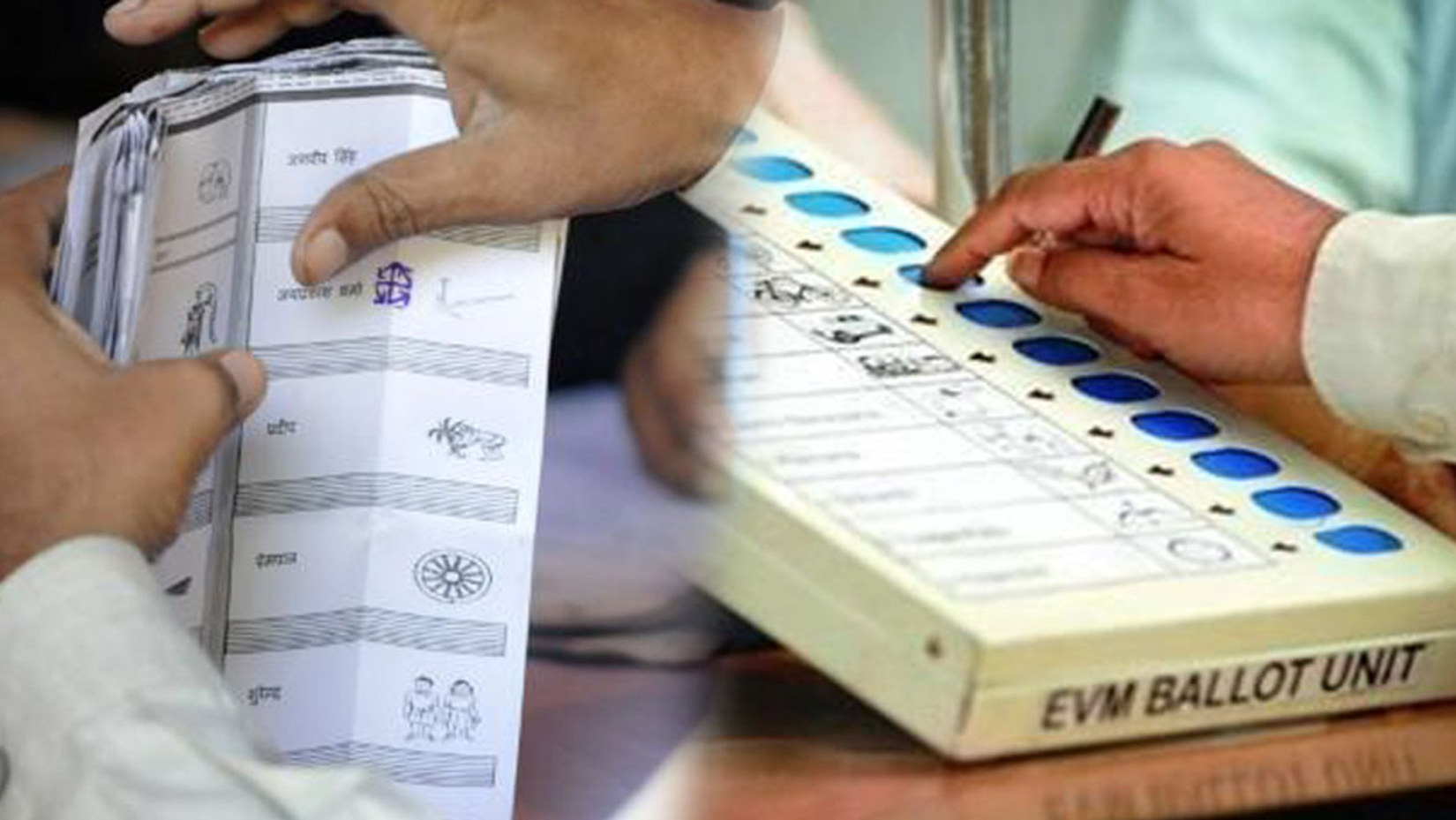Description

Copyright infringement not intended
Picture Courtesy: https://www.dailymotion.com/video/x6xlq7o
Context: The recent Supreme Court hearing regarding Electronic Voting Machines (EVMs) and the suggestion of returning to ballot papers has sparked a significant debate on the sanctity and reliability of the electoral process in India.
Details
- The petitioners raised doubts regarding the trustworthiness of EVMs and advocated for a return to ballot papers for conducting elections. This suggestion was prompted by concerns over the integrity of the voting process and the reliance on EVMs.
Supreme Court's Response and Key Points
- Memories of Ballot Paper Era: The Supreme Court bench responded by recalling the challenges associated with the use of ballot papers. The judges emphasized that they have not forgotten the issues that arose during that era, hinting at malpractices like booth capturing.
- Dismissing the Ballot Paper Suggestion: The bench dismissed the idea of reverting to ballot papers, highlighting the logistical challenges and population size of India compared to European countries. The judges emphasized the need to repose trust in the electoral system and cautioned against undermining it with comparisons to other countries.
- Questioning the Allegations Against EVMs: The Supreme Court bench posed critical questions regarding the specific allegations against EVMs, including doubts about their functioning and the process of counting votes. The judges questioned the basis of claims that the majority of voters lack trust in EVMs and dismissed reliance on private polls as evidence.
- Data and Accountability: The bench stressed the importance of relying on data and empirical evidence to assess the functioning and reliability of EVMs. They indicated a willingness to examine data related to the total number of votes polled, discrepancies, and candidate requests for VVPAT slip verification to ascertain the integrity of the electoral process.
- Technical Aspects of EVMs: Petitioners highlighted concerns about the programmable nature of EVMs and suggested practical modifications, such as transparent glass on EVMs, to enhance transparency. The bench responded by acknowledging the complexities of addressing technical issues but emphasized the need to balance accountability with practical considerations.
|
Key Points
|
Electronic Voting Machines (EVMs)
|
Ballot Papers
|
|
Voting Process
|
Voters use EVMs to select candidates by pressing buttons
|
Voters manually mark their choices on paper ballots
|
|
Voter Experience
|
Generally considered user-friendly and efficient
|
Requires physical handling of paper ballots
|
|
Transparency
|
Some concerns over the transparency of the electronic process
|
Voting process and counting are visibly transparent
|
|
Voting Efficiency
|
EVMs can facilitate quicker counting and reduced chances of errors
|
Counting can be time-consuming and may involve manual errors
|
|
Cost Effectiveness
|
Initial investment in EVMs, but cost-effective in the long run
|
Relatively lower initial cost, but ongoing expenses for printing
|
|
Voter Confidence
|
Subject to doubts and concerns about tampering or malfunction
|
Often recognised as more secure due to physical process
|
|
International Practices
|
Widely used in various countries as a modern voting technology
|
Some countries still use or consider returning to ballot papers
|
Way Forward
- The hearing reflects ongoing concerns regarding the use of EVMs in Indian elections and the need for transparency and accountability in the electoral process. The Supreme Court's stance highlights the importance of data-driven assessments and practical solutions to address legitimate concerns while upholding the efficiency of the electoral system.
Must Read Articles:
VVPAT
Electronic Voting Machine (EVM)
Source:
Indian Express
|
PRACTICE QUESTION
Q. New technologies like social media and electronic voting machines (EVMs) offer both opportunities and challenges for elections. How can the Election Commission leverage these advancements while mitigating potential risks like misinformation and hacking?
|















